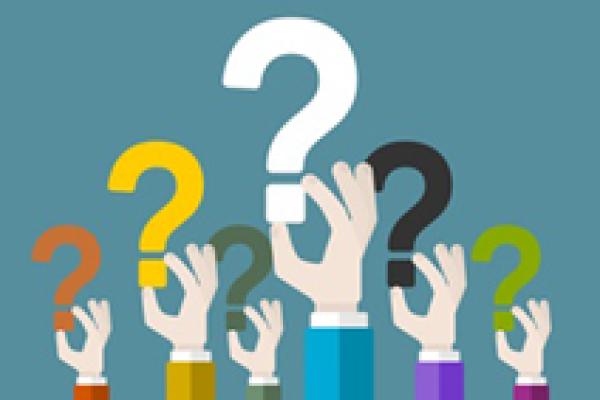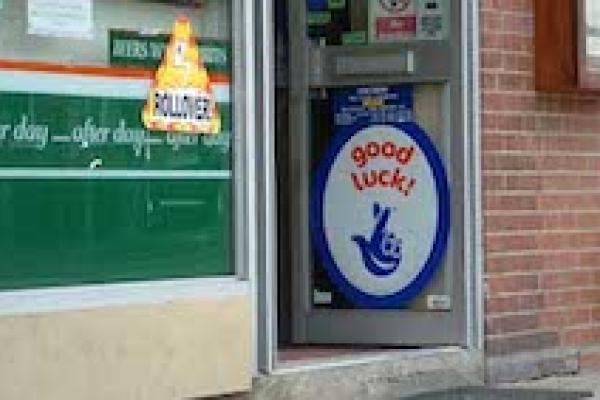News story

A Pointless return!
New episodes of Pointless, the addictive TV quiz show, return today! Celebrate with John Haigh and some fascinating Pointless maths!

